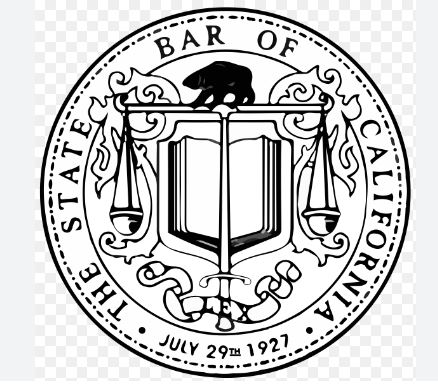
Exploring a New Approach to Licensing in the Legal Profession
In a groundbreaking move, the State Bar of California is considering the introduction of a novel admissions pathway that could enable law graduates to obtain their licenses without the traditional bar exam. This significant development comes from a unanimous vote by the State Bar’s Board of Trustees to initiate a public consultation on a proposed program. Under this program, law graduates would be granted provisional licenses. They would work under the guidance of experienced attorneys for four to six months, all while receiving compensation. During this apprenticeship, candidates would compile a portfolio of their legal work, which would then be evaluated by the state bar. Those who achieve a passing grade on their portfolios would be granted full licensing in California without the need to take the bar exam.
Relieving Financial Burden and Fostering Diversity
Proponents of this groundbreaking initiative argue that candidates who opt for this licensing path would be relieved of the substantial financial burden associated with preparing for the conventional bar exam. This financial burden disproportionately affects historically disadvantaged groups, including first-generation graduates, women, and candidates of color, as highlighted in a report on the proposal.
Advance your legal career and achieve your professional goals – sign up for LawCrossing now.
Supporters who addressed the board of trustees emphasized that the proposed “Portfolio Bar Exam” program could significantly reduce the cost of entry into the legal profession, benefiting public interest attorneys, public defenders, and legal professionals in rural areas. Furthermore, they pointed to research indicating that Black and Hispanic examinees in California have historically lower pass rates than white bar takers, suggesting that this new pathway could contribute to greater diversity in the legal field.
Similar Programs and Unique Features
The Portfolio Bar Exam shares similarities with California’s previous Provisional License program, which was in effect from 2020 to 2022. The Provisional License program allowed select law graduates to practice law under supervision, offering an alternative to taking the bar exam during the height of the COVID-19 pandemic.
Additionally, this innovative approach aligns with a program currently under consideration in neighboring Oregon, awaiting final approval by the Oregon Supreme Court. Under the proposed Oregon program, law graduates could obtain their licenses after completing 675 hours of supervised work and submitting a portfolio of their legal career.
California’s Pioneering Role
If California proceeds with the Portfolio Bar Exam, it would become the most significant state to implement an alternative licensing program. The program’s implementation would require approval from the California Supreme Court, and the public will have a 30-day window to provide feedback on the proposal.
The Blue Ribbon Commission on the Future of the Bar Exam, a collaborative effort between the California Supreme Court and the state bar, explored the possibility of creating an alternative licensing pathway from 2020 until April. However, it was unable to reach a consensus on this option. Subsequently, in May, the State Bar’s board of trustees directed certain commission members to reconvene and formulate an alternative licensing proposal.
As California takes bold steps to rethink its approach to legal licensing, the legal community eagerly awaits the outcome and potential impact of the proposed Portfolio Bar Exam program.
Don’t be a silent ninja! Let us know your thoughts in the comment section below.
